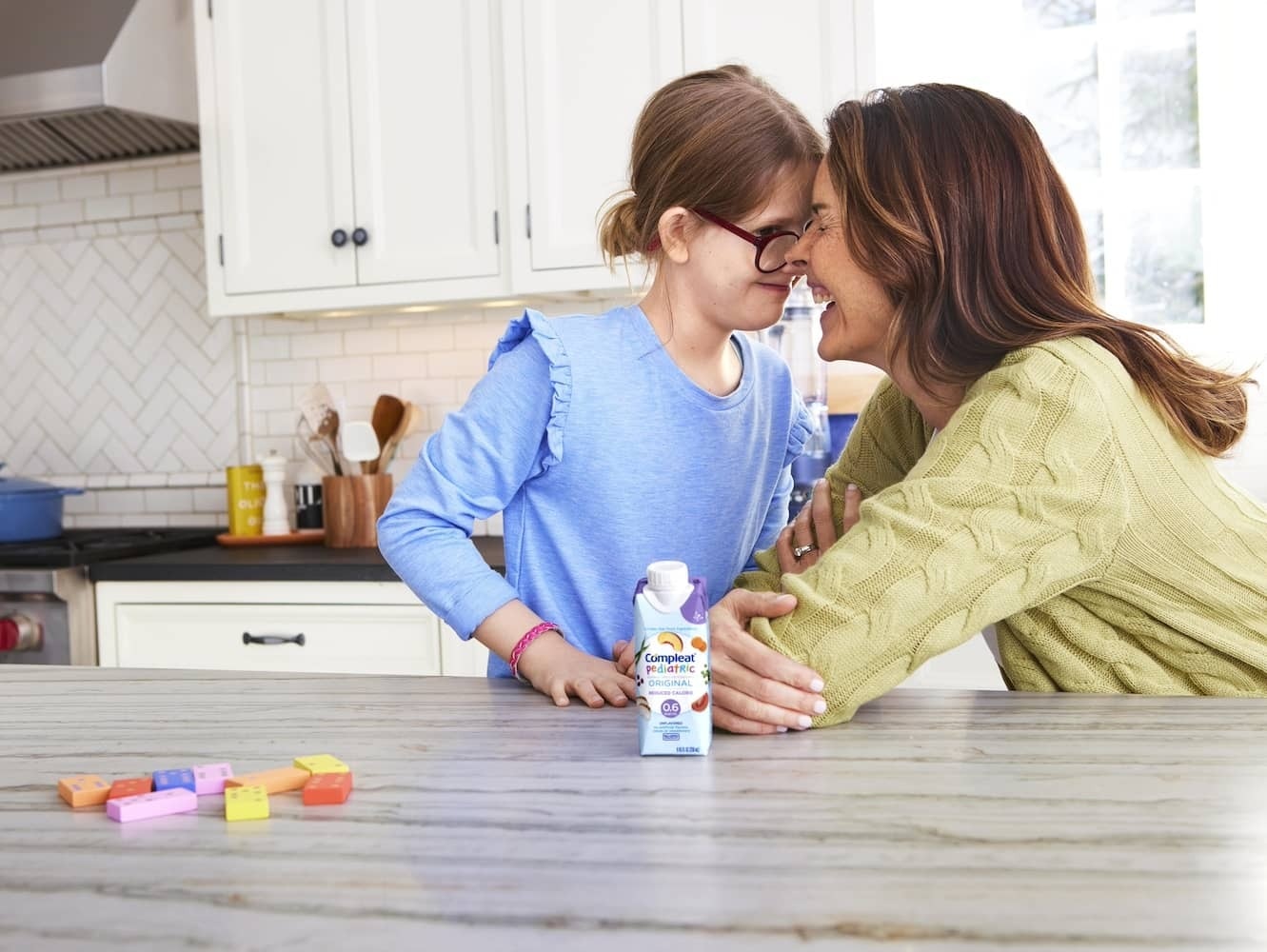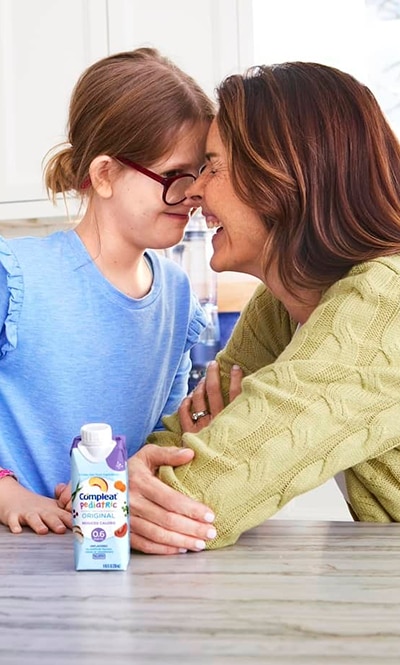Planning a vacation can be an exciting adventure, and with a bit of preparation, it can be smooth sailing. If you or a family member traveling with you has a feeding tube, there are some additional travel considerations to keep in mind. But don’t worry – just know that with a little extra time to organize and plan, you’ll be off making memories in no time.
Before You Go
All successful vacation planners start with a solid checklist. As soon as you have chosen your travel destination, begin making some phone calls.
-
Start with your healthcare team. Talk to your home provider and/or medical professional about your trip. They may be able to order extra supplies for you to pack, or even have supplies delivered to your destination.
-
Request refrigeration. Call ahead to see if your hotel room has a mini fridge. Often you can have one brought to your room if one isn’t already supplied. Since mini fridges have little to no freezer space, you might want to ask the hotel to store your freezer packs so they’re ready for day trips or your flight home.
-
Call the airline. If your trip involves air travel, be sure to contact the airline in advance, either at the time or shortly after purchasing tickets. You may qualify for a seat with longer legroom or extra baggage for medical supplies at no extra cost. The airline might also ask about the equipment you plan to bring on the plane, especially items with a lithium battery, which typically need to go in carry-on luggage only.
-
Contact Special Assistance. This is a free service at the airport that helps people with medical conditions and disabilities to ease their burden. In the United States, to take advantage of the Transportation Security Authority (TSA)’s TSA Cares program or arrange for a Passenger Support Specialist, you must contact them at least 72 hours before departure.
If You're Flying
Air travel can be a breeze when you pack strategically and stay up to date on the latest rules and regulations.
-
Bring as much as you can in a carry-on, just in case your checked baggage gets misplaced. This is especially important for medication and equipment that you rely on.
-
Know that you are allowed liquids at greater quantities than typically allowed through security, but they may still need to be in clear containers and checked by security personnel.
Tips for All Types of Travel
Whether you’re flying to a foreign country or taking a weekend road trip, the following will help make your journey go more smoothly:
-
Make a list – then add to it. Start making a list of what you need well in advance of your trip. Begin by jotting down everything you would need for a typical day of tube feeding. Then, add any non-routine or emergency items, like medications or spare equipment and batteries.
-
Prepare to show proof. Carry hard copies of prescriptions, paperwork and notes from your healthcare provider about the equipment and medication needed. Take photos of these things to have on your phone for easy access and backup.
-
Note the nearby hospitals. Map out any hospitals or clinics near your destination in case of emergencies. Some resorts and cruise ships have on-site doctors, so consider those too.
What to Pack
In addition to clothes, toiletries and charging cables for your electronics, be sure to bring the following:
-
Extra supplies. Plan to bring at least 2-7 days’ worth of extra supplies in case of delays, spills, return flight cancellations, or other unforeseen events.
-
S-hooks or over-door hooks. For gravity-based tube feeding formulas, bring a few S-hooks to hang on curtain rods or over-door hooks to use at the hotel. Neither should cause damage to your rented living space, and they will allow for stress-free feeding.
-
Insulated bags. Even if you’re traveling in a temperature-controlled car, it’s important to keep your formula at its ideal temperature. Insulated bags are perfect for this – they maintain the contents at the desired temperature, regardless of the heating or air conditioning around you. Any open formula should be refrigerated or kept in an insulated container with ice packs to stay cold for longer periods.
Sit Back, Relax and Enjoy the Ride!
Everyone deserves a little change of scenery from time to time, including patients and caregivers of those with a feeding tube. With a little extra prep work today, you’re setting yourself up for a successful and enjoyable time away.
Stay up to date with our Insights!

 Blog
Blog

